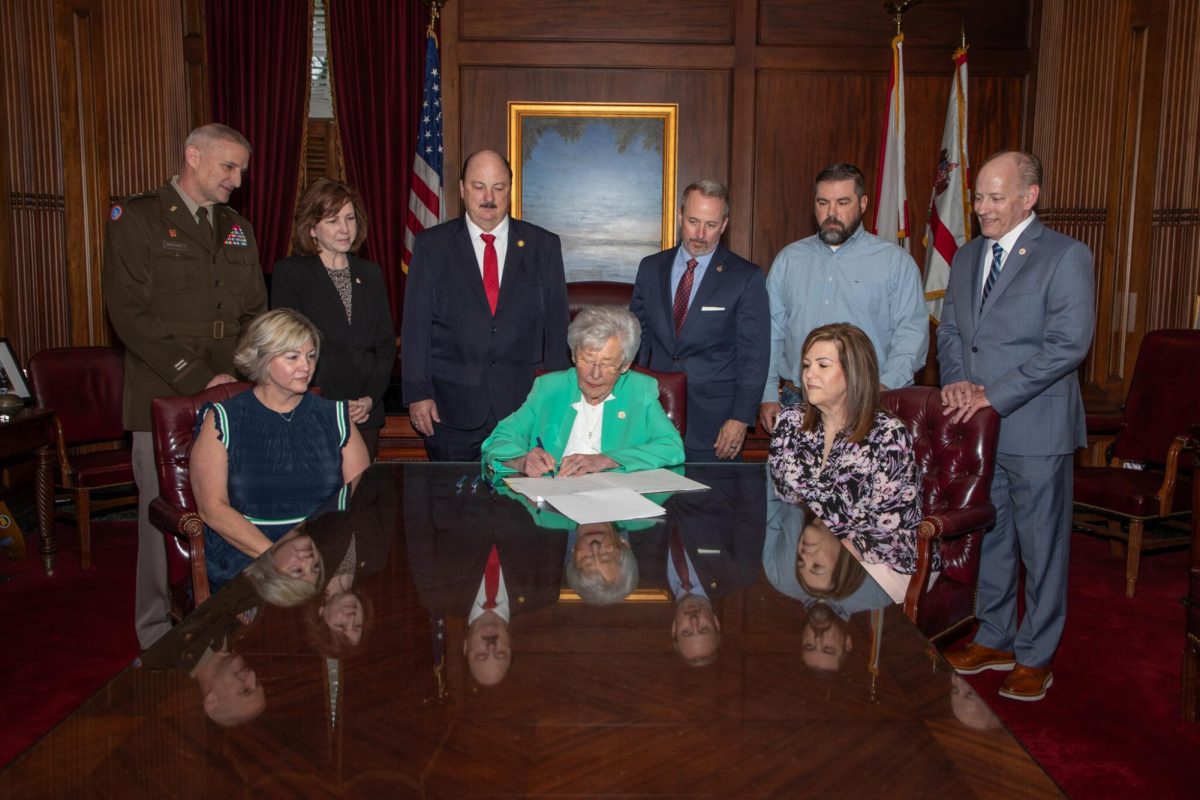Lawrence Krauss is no stranger to the pop culture limelight. He has appeared in television shows and movies, published numerous best-selling books and was quoted by Miley Cyrus on Twitter.
“You are all stardust … So forget Jesus. Stars died so you can live,” Krauss said in his book “A Universe from Nothing: Why There is Something Rather than Nothing.”
Cyrus quoted Krauss’ line on Twitter and received a media backlash afterward.
“How can people take the love out of science and bring hate into religion so easily?” Cyrus responded in a tweet.
Krauss will seek to put some of the love back into science when he gives the next installment of Alabama’s Lectures on Life’s Evolution at 7:30 p.m. Thursday in Room 127 of the Biology Building.
(See also “Harvard professor to speak at ALLELE series“)
Krauss, a theoretical physicist, cosmologist and professor from Arizona State University, will discuss science in general, how humans confront myth and superstition, the excitement of reality and his book “A Universe from Nothing.”
“Our understanding of the universe has probably changed more in the past 30 years than it has in the past four centuries,” Krauss said. “One of the most remarkable things is we are now on the threshold of assuring that it is plausible that our universe could come from absolutely nothing without any supernatural shenanigans.”
Krauss has crossed over into pop culture multiple times to encourage progressive scientific thinking. He has been nominated for a Grammy, made appearances on TV and radio and recently appeared in a full-length documentary called “The Unbelievers” with fellow scientist Richard Dawkins.
“It’s a film about science and reason, but it’s also a film that shows what it’s like to be on the road just as a rock star would be,” Krauss said. “It’s a very entertaining movie that doesn’t preach anything, but rather gets people talking. One thing that makes me happy is that the religious people, overwhelmingly more than any other group, said that they would recommend the movie to a friend, and that makes me very happy.”
(See also “Smith Hall to host science, evolution celebration event“)
Krauss has published more than 300 scientific publications, including many best-selling books. He regularly acts as a public intellectual to support the effort to educate people about science and reason. Krauss has also received many prestigious awards, including the Oersted Medal, the highest award for the American Association of Physics Teachers, and the American Association for the Advancement of Sciences 1999-2000 Award for the Public Understanding of Science and Technology, which has previously been awarded to scientists like Carl Sagan and E. O. Wilson.
“I admire that he is an outspoken advocate for science education and evolution education in a culture that is resistant of that,” Christopher Lynn, assistant professor of anthropology at The University of Alabama, said. “He is extremely charismatic and has gone out on a limb to educate people.”
Krauss said many scientists, including Albert Einstein, Richard Fineman, Charles Darwin and his colleague Richard Dawkins, have influenced his work.
Krauss will also do a Q-and-A session at 9:30 a.m. Friday at the Bryant-Jordan Performing Arts Center. The session will focus on the nature of science, cosmology and evolution.
(See also “New UA professor teaches history of science“)








